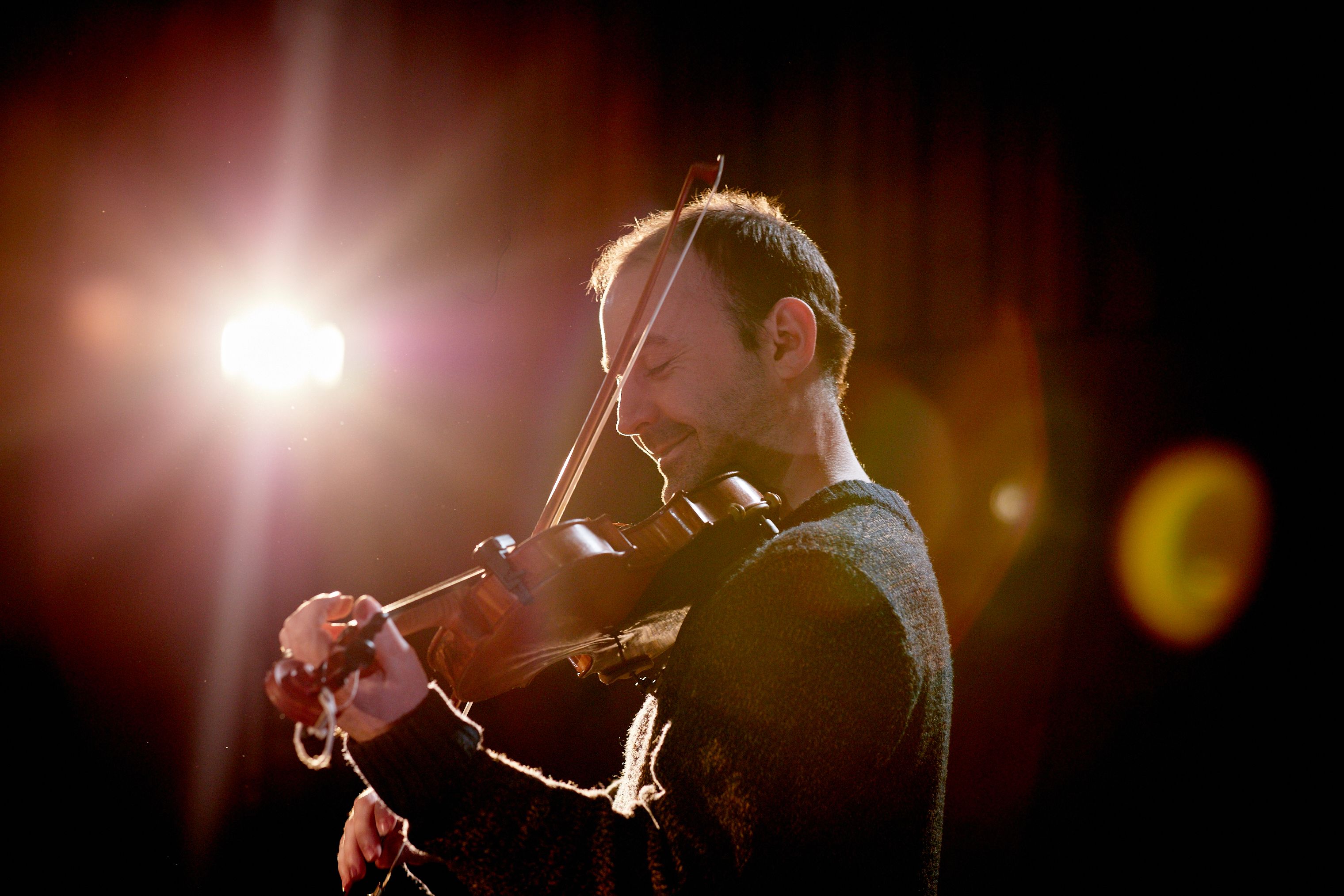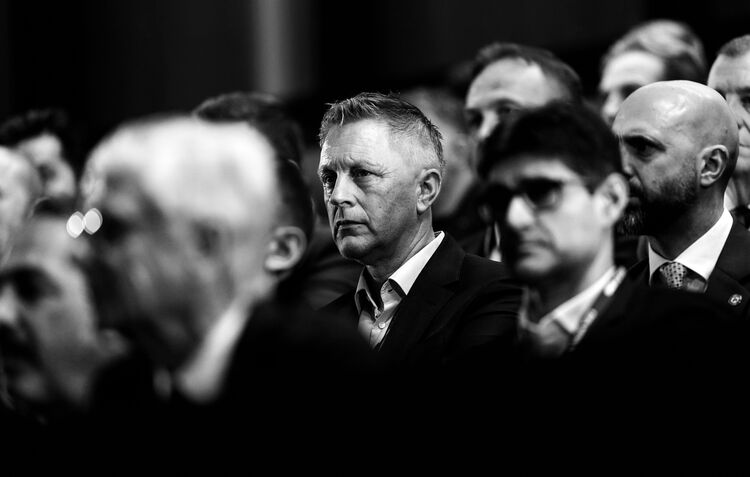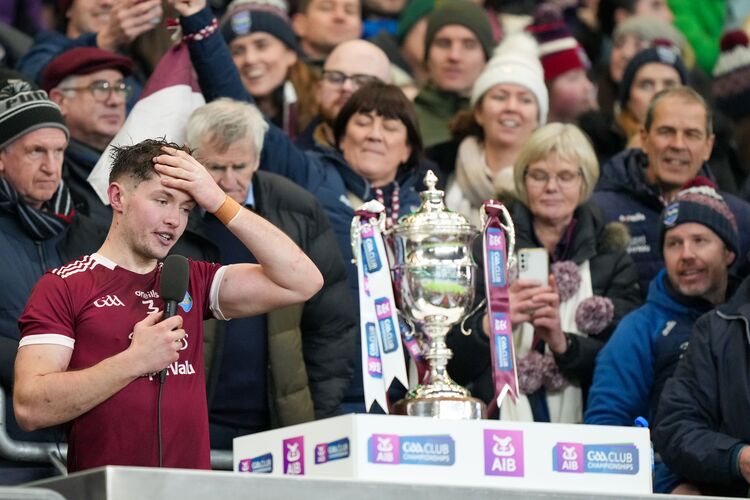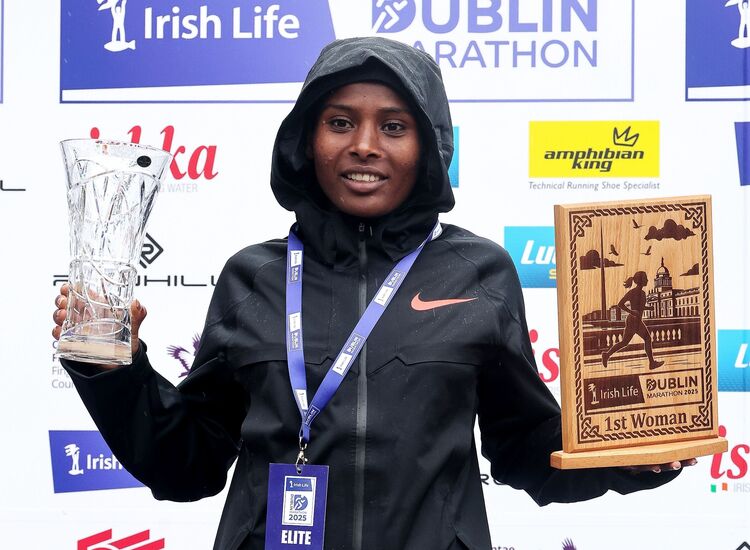Folks, on Aug. 31, seminal English singers Eliza and Martin Carthy will perform in New York City for the first since I don’t know when. Great news to be sure! The concert’s being held by the Folk Music Society of New York and will take place at St. John’s Church at 81 Christopher St. If ballad singing is your thing, you won’t want to miss this one. For more info about the show and ticketing, visit https://folkmusicny.org/

Eliza and Martin Carthy.
Speaking of balladeers, I’m sorry to pass along the passing of Heather Wood. A brilliant interpreter of English traditional folk songs, ballads and sea shanties, she was a member of the the Young Generation a significant English harmony group of the 1960s. Wood moved to New York in the 1970s, where she became a mover and shaker on the folk music scene and a regular at places like the Old Songs Festival, the Mystic Sea Music Festival and Folk Alliance International. An important loss – sincerest condolences to her family and friends.
In the player this week is “Oh, Listen to the Band,” the new album from fiddle player Conor Caldwell. Caldwell, who comes from north Belfast, is the course director for the MA in Irish Traditional Music Performance at the Irish World Academy in the University of Limerick and takes a particular interest in archival study. He’s a very accomplished performer, having collaborated with groups including Craobh Rua, Òran Bagraidh and with Danny Diamond on their project NORTH in 2016. In addition, he’s toured with the group Fidil and on occasion has even shared the stage with members of the Bothy Band, Altan and Planxty.
The idea behind “Oh, Listen to the Band” involves a more equitable look at the Ireland’s music of a particular period. During Covid, Caldwell did “a deep dive into archival recordings of various Donegal fiddle players trying to find pieces that I had previously overlooked or not properly understood.” As often happens on deep dives, he discovered something unexpected: a repertoire of music that “gave an insight into a surge of creativity that occurred with the arrival of jazz culture in Ireland after the Great War.”
This inspired him to look at the debate in Ireland surrounding jazz culture in the 1920s and ‘30s, when the discourse around the Free State centered on a “Gaelic” national identity but the lure of jazz was too strong, and think about it differently. He argues that the tension jazz culture introduced eventually led to a waning mid-century interest in traditional music. Thus, “this recording is an attempt to imagine what the unlikely marriage of traditional music and ‘jazz’ may have become in Ireland had it been given more space to grow and develop in the mid-twentieth century.”
It’s an ambitious remit, but Caldwell seems very much up to the task. The music here is very well fashioned, especially given the crew Caldwell brought on board to assist him, which includes Ryan Molloy (piano/fiddle), Ben Castle (clarinet/saxophone), Matthew Jacobson (drums), Cathal Ó Curráin (vocals/bouzouki/banjo), Conal O’Kane (guitars), and Dan Byrne McCullough (mandolin/banjo). Each is a top shelf player and does a fine job in their respective role(s), helping to give this album its distinctive sound.
The music that comes from their work is diverse and engrossing, but for someone attuned to traditional music it mightn’t always feel intuitive. For example, the album starts off a strain of “Arkansas Traveler” as an introduction to “Yes! We Have No Bananas!”, a 1923 tune that was apparently a favorite of both John Doherty and Josie McDermott. Caldwell leads the tune on fiddle, which grounds the listener in the trappings of a somewhat “traditional” sound, but the arrangement is reminiscent of what I imagine you might have heard in a hot jazz club in the mid-20th century.
“Colonel Bogey’s March” is another standout track. Caldwell’s source is a 1974 recording of John Doherty playing the tune, which included a bit of quadrille thrown in. The combination of the two, which drives his arrangement, he sees as shedding light on how musicians of that period mobilized new and old melodies. This arrangement gives the tune a real individual identity that ties in with the rest of the album.
I particularly like Cathal Ó Curráin’s singing on “When They Started Jazzing There,” an anti-jazz song published in the Longford Leader in 1925 Caldwell put to a new melody and arrangement. It’s a fascinating time capsule that I think does get at how people thought about foreign incursions into traditional practice.
These songs become especially jarring when the listener hears tracks like “Swinging Sliabh Liag Jigs,” “Miss Patterson’s,” and “Bonnie Kate.” Really well done, these tracks are decidedly more familiar in scope and yet in context lead the listener think more openly about how jazz and traditional fare might have coexisted, not necessarily in an arrangement, but in the imaginations of the players of an earlier time.
“Oh, Listen to the Band” is a fascinating project. The music is very nice with a real old fashioned sensibility that touches on the traditional in a smart way. In spirit, it reminds me a lot of Mick Moloney’s brilliant album “If It Wasn’t for the Irish and the Jews” (much of which features Vince Giordano’s big band The Nighthawks) which also explored a repertory of influential music that had yet been unexamined through a traditional musician’s eye. As I listened to this one, I also wonder if there’s a U.S.-based parallel, particularly in the post-War Dudley Street scene that Susan Gedutis wrote about in “See You at the Hall.” I think hear a bit of what I imagine was Johnny Powell’s approach in the methodology here. One thing’s for sure: Donegal fiddler (1889-1961) Néillidh Boyle, who once railed against the pernicious influence of jazz in Ireland, would be absolutely horrified by the music going on here. And that’s fine – to buy it visit here.








